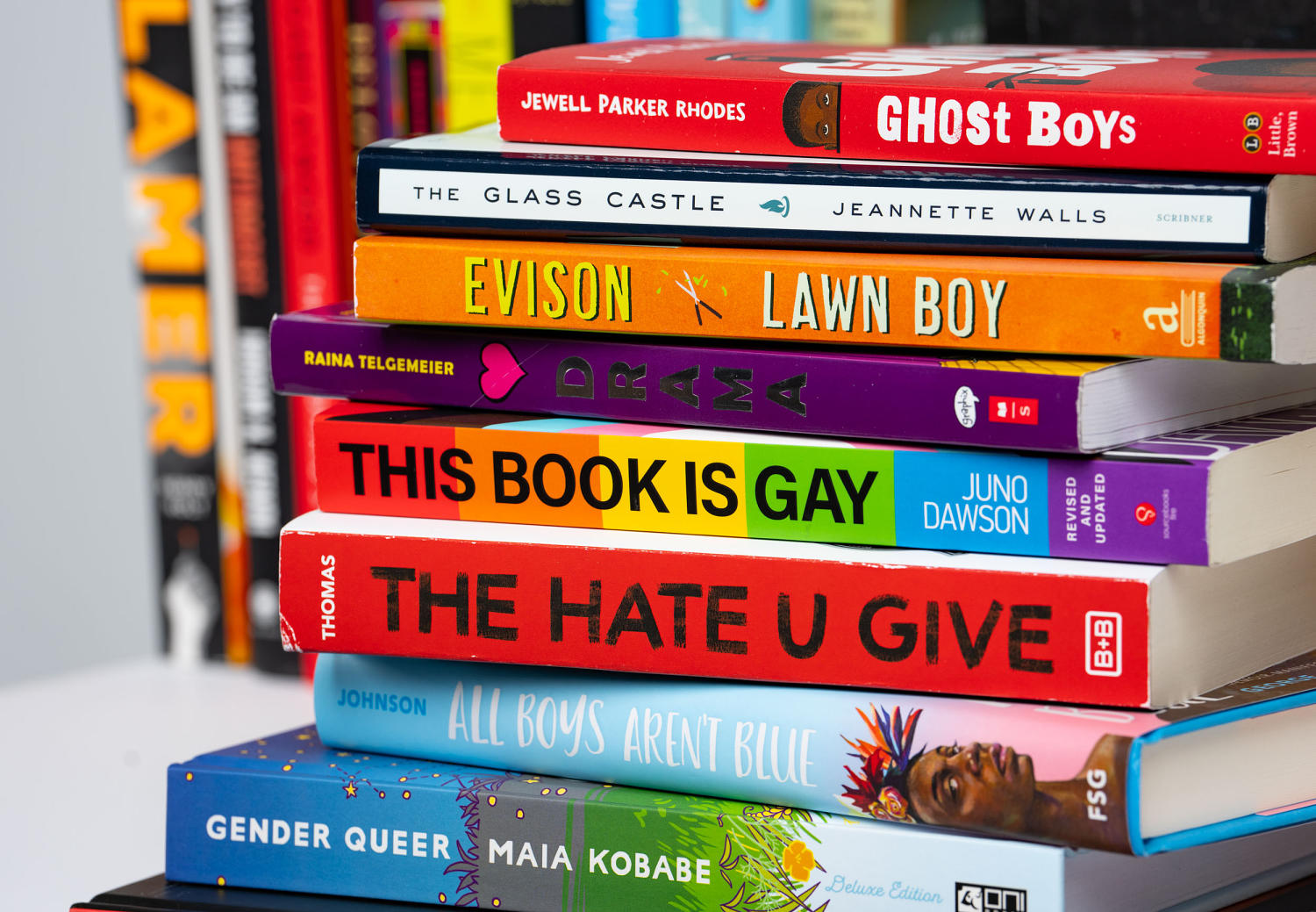
The Texas Freedom to Read Project is a parent-led organization dedicated to safeguarding the rights of Texans — especially young people — to freely access information. We collaborate with local residents to combat censorship attempts across our state. Although we are frequently disheartened by these attempts, rarely are we surprised. But a decision made this month in a county near Houston left us stunned. The Montgomery County Commissioners Court ordered librarians there to reclassify the nonfiction children’s book “Colonization and the Wampanoag Story” as fiction.
The Montgomery County Commissioners Court ordered librarians there to reclassify the nonfiction children’s book ‘Colonization and the Wampanoag Story’ as fiction.
Written by Linda Coombs, a historian who is Wampanoag, the highly regarded book is classified as nonfiction by the Library of Congress and all major Texas library systems. Because that’s what it is: a book about actual historical events and the true story of America from the Indigenous perspective. If government officials can arbitrarily dismiss a well-researched, factual account of history as fiction because it challenges a dominant narrative, then what other truths will they try to silence? If they can decide that a history told from the perspective of an Indigenous writer should be treated like some kind of fabrication, then what other perspectives will they move to disregard?
What prevents them from reclassifying books on other nonfiction topics — politics, health, religion, climate change — simply because they disagree with the ideas or viewpoints presented?
This reclassification decision is a consequence of a contentious policy change in March. Right-wing activists pressured the Montgomery County Commissioners Court to remove librarians from the review process for challenged children’s, young adult and parenting books. Documents obtained through a public information request by Teresa Kenney, a Montgomery County resident, library supporter and local small bookstore owner, revealed that Coombs’ book was challenged by an unidentified individual on Sept. 10.
Shortly thereafter, the newly formed Montgomery County “Citizens Review Committee” reclassified “Colonization and the Wampanoag Story” as fiction. The committee reviewed the book in a closed meeting — all its meetings are closed to the public — and it offered no explanation for its decision. The new policy does not allow decisions made by the Citizens Review Committee to be appealed.
Again, we’re rarely surprised by censorship efforts in Texas, but the Montgomery County decision to arbitrarily reclassify the book as fiction sends an unmistakable and troubling message that perspectives different from those of people in political power are not only unwelcome, but may be falsely labeled as make-believe. This decision is viewpoint discrimination, and the implications extend far beyond a single book.
The current censorship movement spreading across Texas and the U.S. is not a grassroots movement, but part of a well-funded, highly coordinated political machine. Far-right political action committees and politically motivated billionaires dominate endorsements and campaign finance reports for candidates across the nation, from local school board races to the presidency. These candidates pledge to “save the children” from “woke indoctrination” by removing or restricting what they deem “inappropriate” or “woke” from libraries. Since the onset of this censorship wave in 2021, the efforts to restrict and remove books have focused on eliminating identities, viewpoints and ideas that oppose the political agenda of those behind the movement.
Also, characterizing censorship efforts as being about “parents’ rights” is deliberately misleading. Parents advocating for censorship argue that it’s their right to restrict what their children are exposed to. But they’re attempting to make these decisions for entire communities and school districts, and they disregard the rights of young people and parents who want their children to have access to diverse and inclusive books.
While it should go without saying, no one is advocating for putting inappropriate materials into the hands of children. Parents have a right to play a crucial role in guiding their own children’s reading choices to ensure they are suitable for their age, interests and maturity level. Students themselves also have a right to access ideas and information. But no individual or political group has the right to make those decisions for everybody else.
Characterizing censorship efforts as being about ‘parents’ rights’ is deliberately misleading.
We believe it’s important that people outraged by censorship efforts like these make their voices heard by supporting candidates who support the freedom to read, especially in local elections. We encourage concerned citizens to join and strengthen local anti-censorship groups and to speak out against censorship and attacks on the freedom to read at school board and local government meetings.
A healthy democracy relies on a well-informed citizenry. We are currently facing a dangerous disinformation epidemic, and public libraries serve as sacred institutional havens where citizens can access resources and information based on centuries of curated collection practices guided by library science — not by the latest viral conspiracy theories rooted in disinformation.
The government should not be declaring what is fiction or nonfiction.
